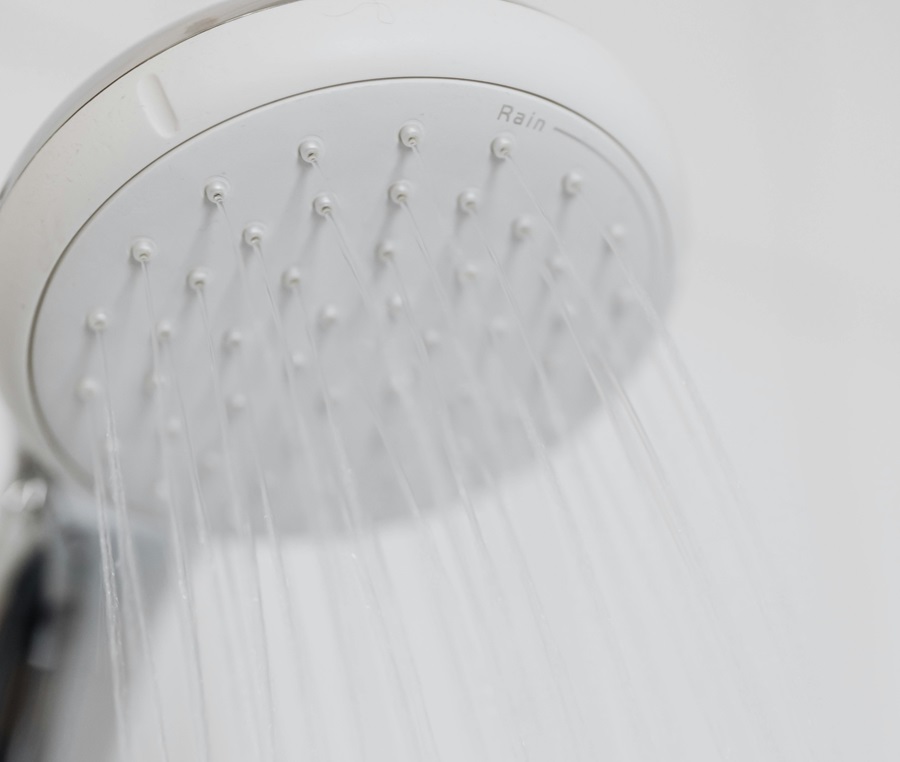Getting Someone with Dementia to Shower
Bathing can be a challenge for seniors with dementia. Many factors can contribute to this – they may be embarrassed receiving assistance with such an intimate activity, or how water feels on their skin may be unpleasant.
Expressions of discomfort may often be aggressive by people with dementia, making it difficult to do a daily bath.
However exhausting showering is, it is important to do it regularly and keep your senior’s body clean. Regulating personal hygiene can prevent skin infections, reduce the risk of urinary tract infections, and avoid unpleasant body odour. These are the reasons why it is crucial to make bathing easier and pleasant.
So, here are a few tips to help you overcome resistance to bathing. Try the methods below and see which one works best for your older adult.
1. Make the bathroom safe and pleasant
It is important to prepare the bathroom in advance to make the bathing experience easier, safer and more comfortable. You can gather bathing supplies such as shampoo, bath stool and towels near the shower area to assist the individual when needed. You can also make the room comfortable by placing a pad on the shower seat or checking the temperature of the room and water. This can help older adults feel less cold during the shower.
2. Keep it daily
While it is not necessary to bathe everyday, establishing a regular routine can make showering seem natural for your seniors. The predictable daily routine reduces their overall stress and anxiety, less likely to cause resistance in doing the task.
3. Use positive words and avoid arguments
Logic and reasons do not work with dementia patients. Therefore, arguing with your older adult will be futile. Instead, keep your sentences short and direct, and focus on the positive aspects of bathing.
For example, when the bathroom is warm enough and the elder seems to enjoy the temperature, make eye contact and smile. Have the conversation focused on a fun activity to do during or after the shower, like “Let’s have a shower and have a yummy snack after.”
The consistent positive reinforcement will make bathing become associated with pleasant feelings.
4. Help the person feel in control
Bathing takes many steps, and being told what to do on every step can be overwhelming on the receiving end. But if the elder knows what to do next, they can feel confident and be motivated to bathe.
Encourage them to do as much as possible on their own, while providing gentle guidance for every step. Have activities planned in your head to give clear, concise instructions and boost the senior’s confidence.
5. Be flexible and put yourself in the other’s shoes
Every person has their unique needs and preferences. Respect their decisions and adapt the bathing process to meet the senior’s wishes. Also, consider the person’s privacy and dignity by covering the person with a bath towel. This can decrease feelings of vulnerability and increase the chance of your senior enjoying the bathing process.
We understand that taking care of your older adult can be difficult.
Living Waters Aged Care is here to help. Contact us today to find the help you deserve.

